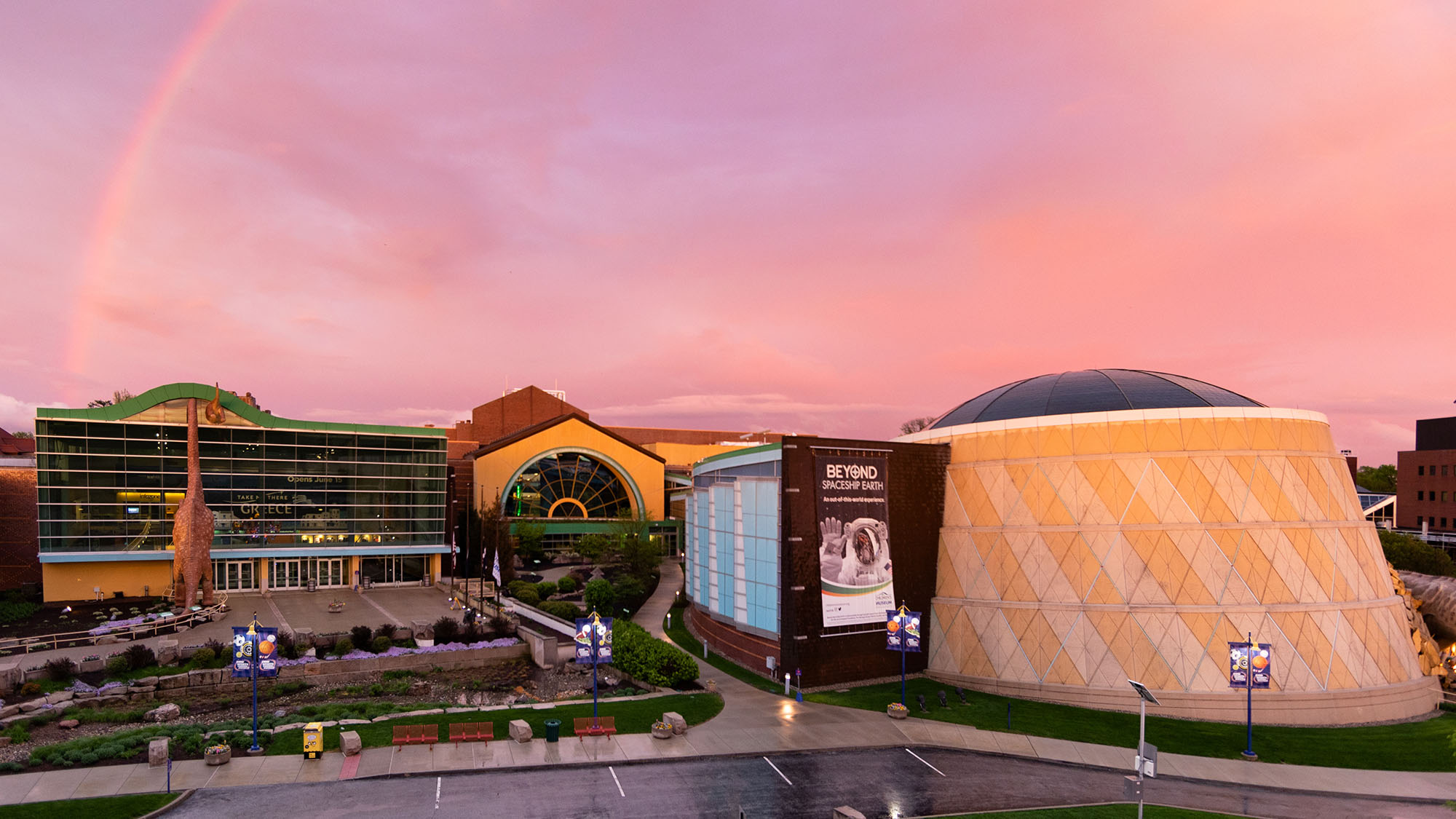Parent Resources to Help Kids Honor the Legacy of Dr. Martin Luther King Jr.
Parent Resources to Help Kids Honor the Legacy of Dr. Martin Luther King Jr.

“I have a dream that one day...little Black boys and Black girls will be able to join hands with little white boys and white girls as sisters and brothers.” - Dr. King, I Have a Dream, August 28, 1963
Segregation. Injustice. Discrimination. Racism. Protests. Brutality. Assassinations.
It can be difficult for grown-ups to discuss these topics with the children in their lives. If we are to see Martin Luther King Jr.’s dream realized during our children’s lives—equality, freedom, and justice—grown-ups have to have some potentially uncomfortable conversations. Susan Michal, Director of Early Childhood Education at The Children’s Museum, shares some tips to assist grown-ups in starting this dialog. We can work together to make Dr. King’s dream become a reality.
Share Dr. King’s story
Begin by having a conversation with your children about who Dr. Martin Luther King Jr. was and what he did to help make the world better today.
Here are three kid-friendly videos that share Dr. King’s story.
- The Story of Martin Luther King Jr. by Kid President
- The Legacy of Dr. Martin Luther King Jr. by BrainPOP
- Dr. King: A Leader and a Hero by Scholastic
Don’t forget our reading list of children’s books that open the door to having important conversations about taking action for yourself, friends, family, or community. They’re a helpful tool for us as we continue to pursue a kinder, safer, equal, and just world
Looking for kid-friendly books that tell Dr. King’s story? Who Was Martin Luther King, Jr.? and My Little Golden Book About Martin Luther King Jr. are available for purchase at The Children’s Museum Store. You can order them for curbside pick-up via the store’s virtual shopping experience.

A Lincoln Memorial program from the March on Washington for Jobs and Freedom, where Dr. King delivered I Have a Dream, is on display in the Ruby Bridges gallery inside The Power of Children® exhibit at The Children's Museum.
Learn some vocabulary
Grown-ups can discuss these vocabulary words with their children in an age-appropriate way:
- Racism—judging people by the color of their skin
- Segregation—separating people by the color of their skin
- Equality—treating all people fairly
- Justice—making sure something is done fairly
- Bravery—standing up to fear or danger
You can ask your children what these words might look like today. Ask them to think about their own experiences. Have they experienced something that was unfair before? When was a time they had to be brave?
Remind your children that Dr. King saw a lot of unfairness. He used his voice to be brave and to stand up for equality and justice.
As a family, think of a time when something you saw wasn’t right, equal, or fair. How did you use your voice to make a difference? What’s another way you could have used your voice to make a difference in that situation?
Make an action plan
Role playing gives children the chance to “try it out,” express, and make sense of what is happening in the world around them. You can have discussions about ways their family could make a difference in the world around you—similar to how Dr. King made a difference when he was alive.
Then make an action plan and try it out. Ask these questions after practicing your action plan at home:
- How do you feel?
- Did we make a difference?
- Would you do this again?
- What other ways can we help make a difference?
Make a Dream Board
You can make a “Dream Board” of ways you and your family can be positive members of your community. Ideas could include:
- Help build a community garden
- Place random notes of kindness in your community
- Offer to help an elderly neighbor get groceries
Looking for more ideas? In 2020, we compiled 52 action items for our Year of Action Challenge.
Knowing better so we can do better
If we want to see Dr. King’s dream come to reality, we cannot limit the conversations we have with our children about justice, equality, and bravery to one day on the calendar. We need to continue to have these conversations throughout the year. It won’t always be easy, and there are times when you won’t know how to discuss something with your children. But we can keep working together and keep learning together. That’s how we grow as people, families, and communities.
Poet and civil rights activist Dr. Maya Angelou once said “Do the best you can until you know better. Then when you know better, do better.”
Let’s work together to do better as we continue to pursue the realization of Dr. King’s dream.










